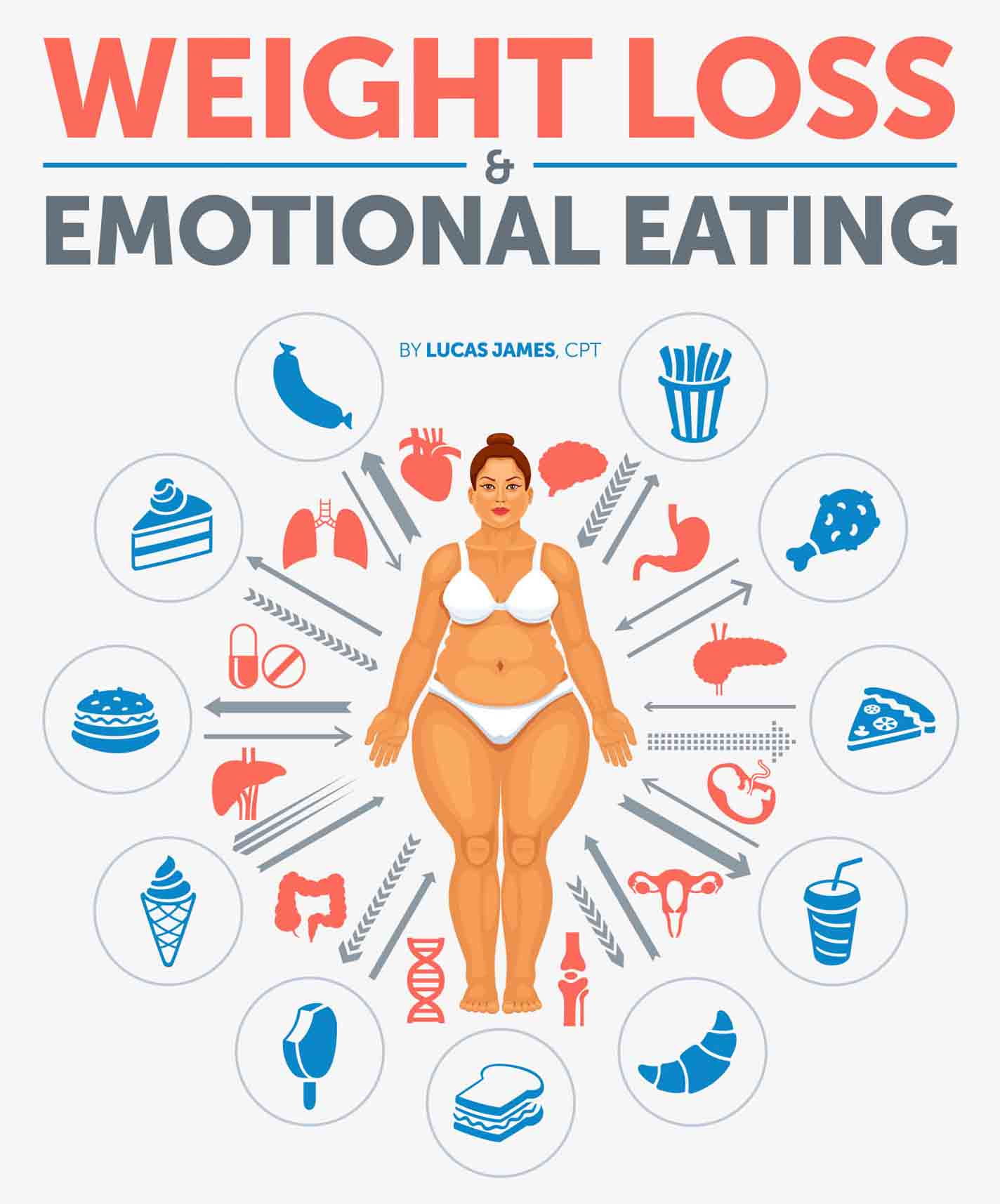
Emotional eating is a common phenomenon that affects many individuals, often leading to unwanted weight gain and unhealthy eating habits. Understanding the connection between emotions and eating is crucial for developing effective strategies to overcome this behavior and promote a healthier relationship with food. In this blog post, we will explore how emotions influence eating habits, the impact of emotional eating on weight, and practical strategies to combat this issue.
What is Emotional Eating?
Emotional eating refers to the practice of using food as a coping mechanism to deal with feelings such as stress, anxiety, sadness, boredom, or even happiness. Instead of eating primarily for physical hunger, emotional eaters consume food to soothe or distract themselves from their emotions. This behavior can lead to overeating, particularly high-calorie, unhealthy foods, which can contribute to weight gain and other health issues.
Common Triggers for Emotional Eating
- Stress: Many people turn to food for comfort during stressful situations, seeking relief from emotional discomfort.
- Boredom: Eating out of boredom can lead to unnecessary snacking, often on unhealthy foods.
- Sadness or Loneliness: Feelings of sadness or isolation can trigger cravings for comfort foods that provide temporary relief.
- Celebration: Positive emotions, such as joy and celebration, can also lead to overeating, particularly during social gatherings.
The Impact of Emotional Eating on Weight
Emotional eating can significantly affect weight and overall health in several ways:
- Overeating: Emotional eaters often consume more calories than they need, leading to weight gain over time.
- Unhealthy Food Choices: Many emotional eaters gravitate toward high-calorie, sugary, or fatty foods, which can negatively impact their health and weight management.
- Yo-Yo Dieting: Emotional eating can lead to cycles of restrictive dieting followed by binge eating, making it difficult to maintain a healthy weight.
- Low Self-Esteem: Emotional eating can create a cycle of guilt and shame, leading to a negative body image and further emotional distress, perpetuating the cycle of unhealthy eating.
Strategies to Overcome Emotional Eating
Recognizing emotional eating patterns is the first step toward making positive changes. Here are several strategies to help overcome emotional eating:
1. Identify Triggers
- Keep a Food Diary: Track what you eat, when you eat, and the emotions you feel during each meal or snack. This can help you identify patterns and triggers associated with emotional eating.
- Reflect on Emotions: Before reaching for food, take a moment to reflect on what you’re feeling. Are you truly hungry, or are you experiencing an emotional trigger?
2. Develop Healthy Coping Mechanisms
- Find Alternatives: Instead of turning to food, develop alternative coping strategies. Engage in activities such as walking, reading, journaling, or practicing mindfulness or meditation to manage emotions.
- Practice Stress-Relief Techniques: Incorporate stress-relief practices like yoga, deep breathing exercises, or spending time in nature to help manage emotional triggers without resorting to food.
3. Mindful Eating
- Be Present: Practice mindful eating by slowing down and savoring each bite. Focus on the flavors, textures, and satisfaction derived from your meals, which can enhance your overall eating experience and prevent overeating.
- Eliminate Distractions: Avoid eating while watching TV or scrolling through your phone. Eating mindfully can help you recognize when you’re full and reduce the likelihood of emotional eating.
4. Build a Support System
- Talk About Your Feelings: Share your experiences with friends, family, or a therapist. Sometimes, discussing your emotions can provide relief and prevent you from turning to food.
- Join Support Groups: Consider joining a support group for individuals struggling with emotional eating or weight management. Connecting with others who share similar experiences can provide motivation and accountability.
5. Seek Professional Help
- Consult a Registered Dietitian: A dietitian can help you develop a personalized eating plan that addresses emotional eating and promotes a healthier relationship with food.
- Consider Therapy: If emotional eating is deeply rooted in psychological issues, seeking help from a mental health professional can be beneficial in addressing underlying emotional challenges.
Conclusion
Understanding emotional eating and its impact on weight is essential for developing healthier eating habits and promoting overall well-being. By recognizing triggers, implementing coping strategies, and seeking support when needed, individuals can overcome emotional eating and foster a more positive relationship with food. Remember, change takes time, so be patient with yourself as you work toward healthier habits and improved emotional wellness.
Call to Action
If you find yourself struggling with emotional eating, take the first step today by reflecting on your eating habits and emotions. Explore healthier coping mechanisms and consider reaching out for support. With commitment and awareness, you can break the cycle of emotional eating and achieve your weight management goals!

